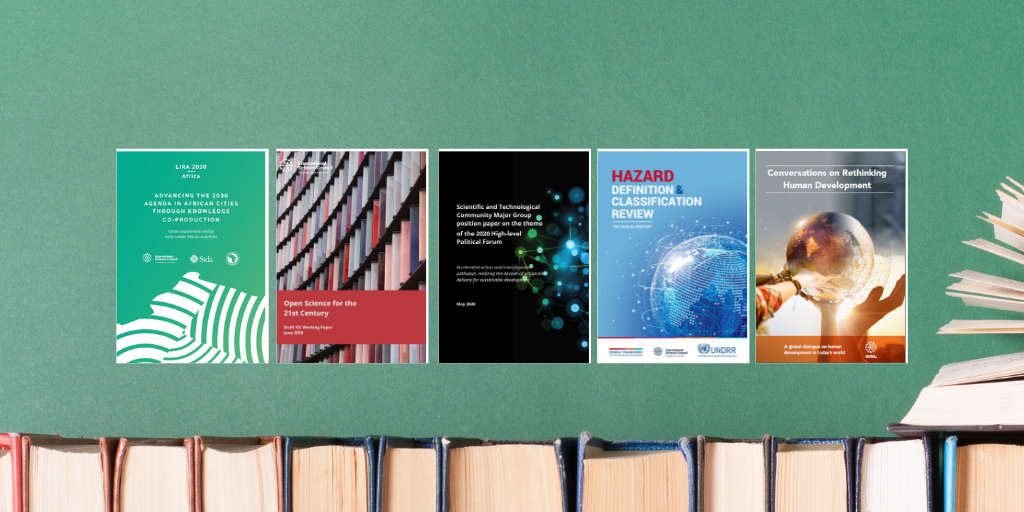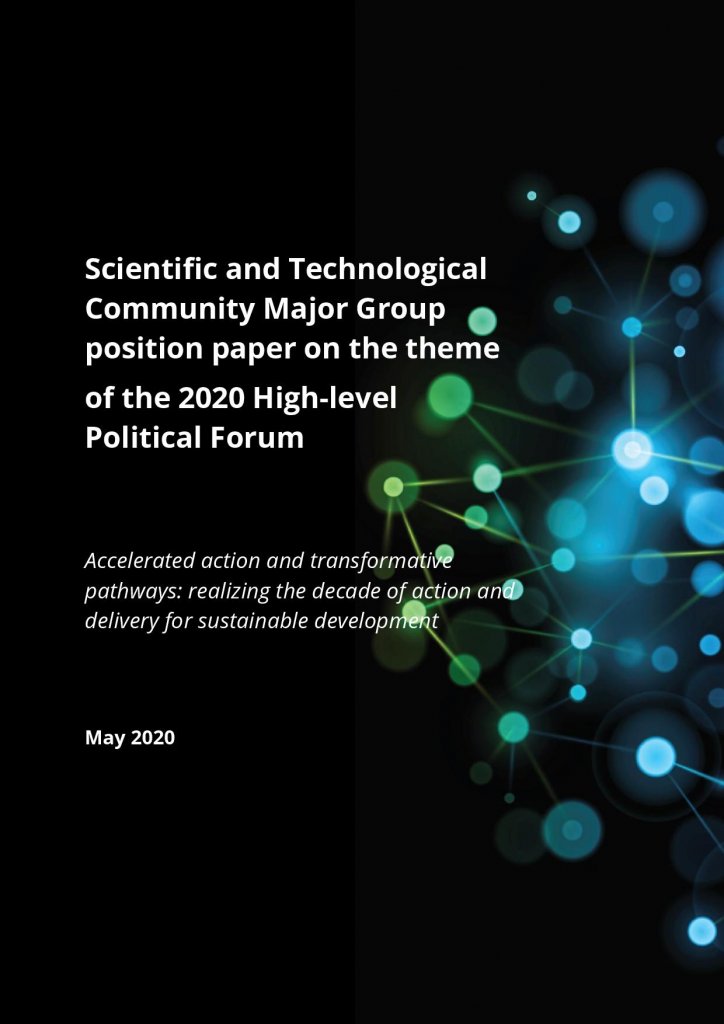
This report, released in April 2020, sheds light on what it really takes to co-produce knowledge on sustainable urban development in Africa. It describes current examples of transdisciplinary research projects being carried out in collaboration between science, policy and society in a range of African cities as part of the ISC research programme ‘Leading Integrated Research for Agenda 2030 in Africa (LIRA 2030 Africa)/.
The report was written by early-career researchers participating in the programme, and makes recommendations for creating enabling environments and for enhancing the capacity of African scientists to undertake transdisciplinary research. The projects profiled in this report inspire hope for early-career African scientists to cross the conventional boundaries between science, policy and society, and to do research that is innovative, engaged, relevant, and that ultimately contributes to social change.
Openness is at the heart of all we do. This draft working paper, which was released in June 2020, describes the origins of the modern open science movement, exploring how the core values behind open science translate into practical applications that are relevant across the science system.
The paper was developed as a response to the UNESCO global consultation on open science, and it includes recommendations to scientists, to universities, to UNESCO and to other science systems stakeholders.

Through eight key recommendations for making the next decade one of action and delivery for sustainable development, this brief position paper argues that the COVID-19 crisis must become the great accelerator of transformations towards a more sustainable, equitable and healthy world, underpinned by evidence-based knowledge from the scientific community and a stronger global institutional framework for action.
The paper was published in June for the High-level Political Forum that took place virtually between 7-16 July 2020.
The Hazard Definition and Classification Review Technical Report, published by the ISC and UNDRR in June 2020, provides a common set of hazard definitions that can be used to monitor and review implementation of the Sendai Framework for Disaster Risk Reduction 2015–2030.
Development of the report was undertaken in recognition of the broad range of complex, interconnected natural- and human-induced hazards that stand to affect progress to health, social, economic, financial, political and other systems, and potentially create cascading risks. Supported by the Integrated Research for Disaster Risk (IRDR) programme of the ISC, the report was developed by a dedicated technical working group which brought together scientists, technical UN agencies and other experts from the private sector and civil society.
Thirty years since the publication of the first Human Development Report, in 2020 the ISC collaborated with the UN Development Programme (UNDP) to start a global dialogue on human development in the 21st century.
For the first phase of this project, the ISC collected insights from a wide group of experts from diverse disciplinary and geographical backgrounds on what human development means today, why it matters for public debate and decision-making, and some of the major challenges for human development today. This publication, launched in November 2020, includes the interviews and written submissions gathered through this first phase of the project, as well as a synthesis of the key findings.
Additional materials relating to the project can be found on the dedicated multimedia portal.
A number of shorter publications on varied topics including Business Models and Market Structure within the Scholarly Communications Sector and Promoting Indigenous knowledge and values for more sustainable water resource management were also published in 2020, and you can explore our full publication archive here.